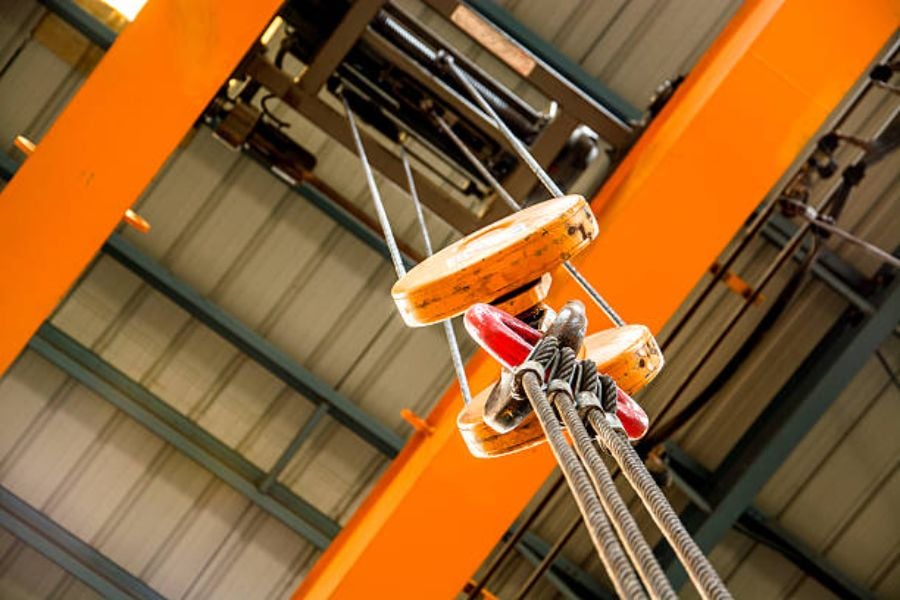Electric Chain Hoist Vs. Electric Wire Rope Hoist
Industrial lifting and material handling of heavy items require the use of reliable and efficient lifting equipment. Electric chain hoists and electric wire rope hoists are two popular choices, each with their own unique features and functions. In this article, we will explore the difference between electric chain hoist and electric wire rope hoist.
1. Chain Vs. Rope
The most obvious difference between these two hoists is the type of lifting medium they use. As the name suggests, an electric chain hoist utilizes a chain made of steel or other metals to lift objects, while an electric wire rope hoist uses a thick, durable wire rope made of multiple wires twisted together.
2. Load Capacity
One important factor to consider when selecting a hoist is its maximum load capacity, which determines the weight that it can safely lift and move. Electric chain hoists are generally designed to handle lighter loads than wire rope hoists, typically ranging from 0.5 tons to 5 tons. In contrast, electric wire rope hoists can usually handle heavier loads, ranging from 2 tons to 25 tons or more.
3. Speed
Another key factor to consider is the speed at which the hoist can lift or lower objects. Electric wire rope hoists generally offer faster lifting and lowering speeds than electric chain hoists. This is because wire ropes are typically thinner and lighter than chains, so they can be pulled through the hoist at a faster rate.
4. Durability
Both electric chain hoists and electric wire rope hoists are built to withstand heavy usage and harsh environments. However, wire rope hoists are generally more durable because of the stronger and thicker wire rope they use, which can better withstand wear and tear from repeated use.
5. Noise Level
Electric chain hoists tend to be noisier than electric wire rope hoists due to the metallic sound of the chains moving through the hoist. Wire ropes are typically quieter and smoother, making them a good option for use in noise-sensitive environments.
6. Cost
Cost is always a major consideration when choosing lifting equipment. Electric chain hoists are generally less expensive than electric wire rope hoists, making them a good choice for budget-conscious buyers or for situations where the maximum load capacity and lifting speed are not critical factors.
7. Maintenance Requirements
Both electric chain hoists and electric wire rope hoists require regular maintenance to keep them operating reliably and ensure their safety. However, wire rope hoists tend to have more maintenance requirements, as the wire rope needs to be inspected and lubricated regularly to prevent wear and tear or damage to its surface.
8. Application
Electric chain hoists are commonly used in light lifting applications, such as in warehouses, workshops, or construction sites. In contrast, electric wire rope hoists are typically used for heavy-duty material handling applications, such as in factories, mining, or shipyards.
9. Control Options
Both electric chain hoists and electric wire rope hoists can be operated, controlled and automated using various options including radio-controlled, wired, infrared, and others. Check with the manufacturer to see the options for each alternative.
10. Safety Standards
Finally, safety is always the topmost priority when using lifting equipment. Both electric chain hoists and electric wire rope hoists are engineered to meet safety standards and requirements, however, the compliance of each product with safety standards may differ.
Conclusion
The choice between an electric chain hoist and an electric wire rope hoist depends on the specific requirements of the job at hand. When deciding which hoist to choose, consider the maximum load capacity, lifting speed, noise level, durability, maintenance requirements, application, control options, and safety standards. By comparing the features of both options, you can make an informed decision that will ensure successful and safe material handling in your workplace.

